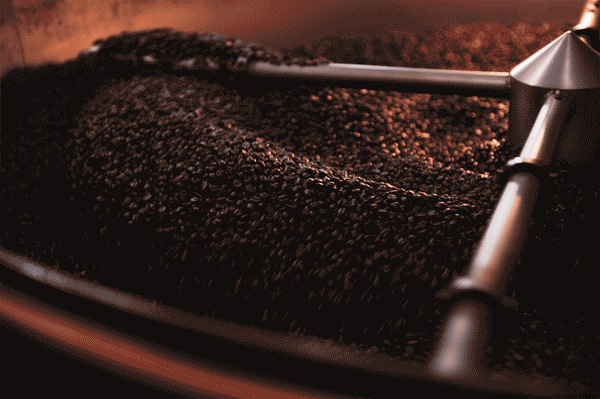If you are truly serious about transforming your health in dramatic ways, implementing coffee enemas into your regular routine is essential for achieving the life-changing results you have always desired. No matter what dietary protocols, exercise routines, or lifestyle habits you embrace, coffee enemas can help you reach the next level of vibrant health that you might not have even thought possible. Here are seven specific ways that coffee enemas can drastically improve your health:
1) Coffee enemas reduce levels of systemic toxicity by up to 700 percent. According to the late Dr. Max Gerson, a pioneer of coffee enema therapy and its effectiveness as part of his famous Gerson Diet, caffeine and other beneficial compounds in coffee stimulate the production of glutathione S-transferase (GST) in the liver. GST is said to be the "master detoxifier" in the body, as this powerful enzyme binds with toxins throughout the body and flushes them out during the enema process.
According to a 1982 study conducted by the National Research Council (NRC), the effect of green coffee bean consumption on the production of GST in test mice was an astounding 600 percent increase in the liver, and a 700 percent increase in the small intestine. In humans, the effect is similar, if not amplified, during a coffee enema, as coffee is able to directly stimulate the liver without having to first run through the digestive tract. The result is a powerful detoxifying effect that is unmatched by sheer diet alone.
2) Coffee enemas cleanse and heal the colon and digestive tract, improve peristalsis. Besides detoxifying, coffee enemas also cleanse and flush the digestive tract and colon without substantially disrupting the beneficial flora that populate a healthy gut. By regularly taking coffee enemas, you will not only help keep your digestive tract clean and free of debris and toxic buildup, but you will also promote healthy peristalsis, which is the series of organized muscle contractions that move food through the digestive tract and the tubular organs that connect to the kidneys and bladder.
3) Coffee enemas boost energy levels, improve mental clarity and mood. As with any detox protocol, the body is effectively ridding itself of poisons that sludge up the blood; decrease oxygen transfer; and clog up the intestines, all of which generally leave a person feeling fatigued and ill. A coffee enema is a particularly effective detoxifier; however, as the direct absorption of caffeine and palmitates into the bloodstream stimulates the release of bile and the efficient removal of wastes from the body in one fell swoop. The end result is a detoxifying release so powerful that many people describe it as a "high" marked by significantly improved energy levels, enhanced mental clarity, and better moods.
4) Coffee enemas eliminate parasites, candida. Because of the immense toxic load that results from regular exposure to chemicals in food, water, air, and the environment, the body is often unable to fully and effectively eliminate all toxins and maintain homeostasis by itself. Intestinally, this can result in a gradual buildup of impacted fecal matter, parasites, candida, and other toxins. Coffee enemas; however, can effectively alleviate all this by fully irrigating and flushing the colon in such a way as to break up these "nests" of disease, and eliminate them from the body.
5) Coffee enemas detoxify, repair liver. If you regularly suffer from symptoms like bloating, stomach pain, flatulence, and other problems commonly associated with poor digestion, chances are your liver is overburdened and not functioning up to par. Coffee enemas are an excellent way to fix this; however, as the coffee and all of its nutrients are directly absorbed into the liver through the colon wall, where they take on the immense toxic load that the liver is otherwise unable to process quickly enough on its own.
6) Coffee enemas relieve chronic pain, ease "die-off" symptoms during cleanses, detox regimens. Interestingly, one of the earliest known uses for enemas was as a pain reliever. During World War I, nurses actually discovered that water enemas effectively relieved soldiers' pain when drugs like morphine were in short supply. Fast forward about a decade and researchers out of Germany had made the discovery that coffee worked even better than water at offering powerful analgesic benefits, which can be particularly helpful when undergoing other dietary cleanses and detoxes that cause "die-off" and other pain symptoms.
7) Coffee enemas heal and prevent chronic illness. Ultimately, coffee enemas are one of the most effective ways to maintain a clean body that is free of disease. Even if you already suffer from a debilitating, chronic illness such as cancer, coffee enemas can provide both relief and healing without the need for drugs. This is why Dr. Gerson placed so much emphasis on coffee enemas as a key component of his cancer-curing Gerson Therapy, which you can learn more about here:
For more information about coffee enemas and how to take them, visit:
Sources for this article include:
https://twitter.com/BaliCoffeeNTea https://www.facebook.com/profile.php?id=100008669114259












